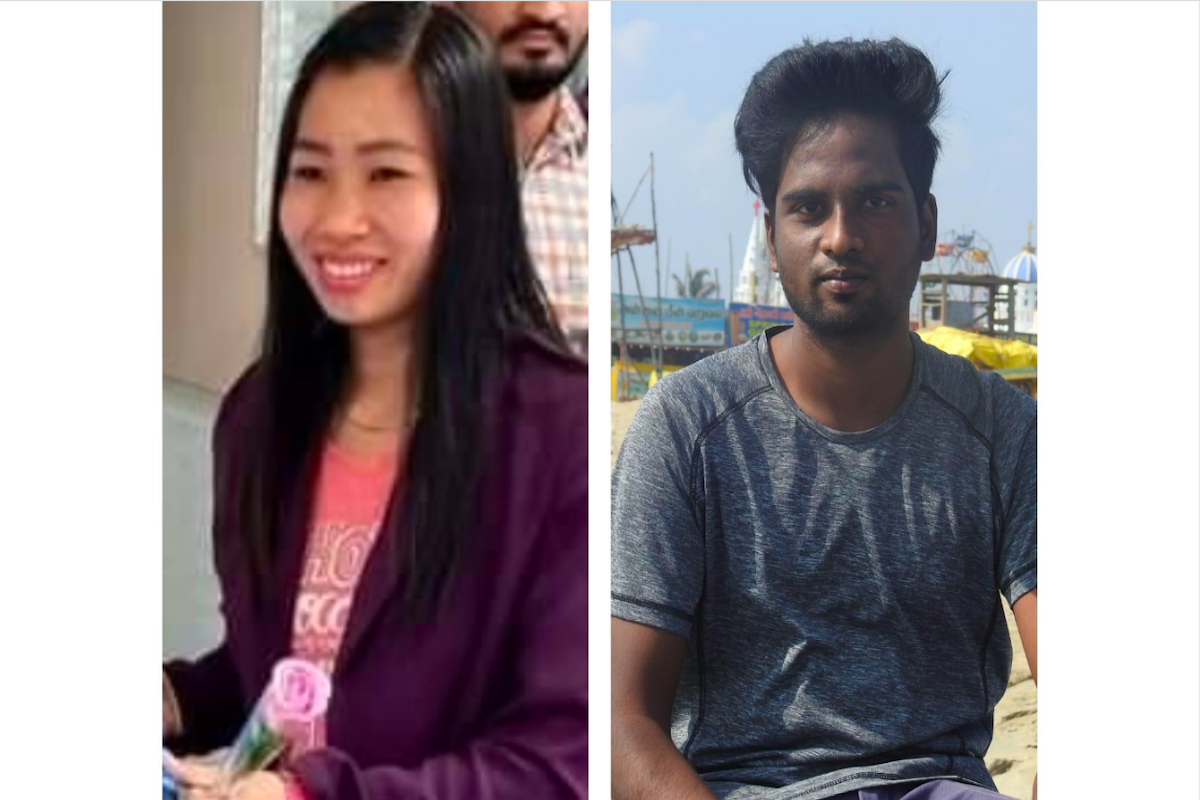Sampath reflected, “how does it feel to work when the rest of the world seems to be sleeping.” The 21-year-old Chennai graduate worked as a night security guard in one of the leading IT firms in the city. Sampath comes from a humble background where being able to complete college seemed herculean. He did that. Yet he could not land up with a white-collar job – which he coveted. The young guard got a bare minimum in return as his wage. “Life of an ordinary graduate in India looks different than from what I expected”- notes Sampath. What happens next – might be an alert!
It was 2020 when the great pandemic struck, leaving him no hope to look for other jobs. Months later, post the first wave of the COVID lockdown, some community volunteers helped Sampath enroll in a Web Technology course from a non-profit called ANUDIP, which created digital livelihoods for youth at risk. His mornings were spent at the training center with the faculty who mentored him on domains-quite-unknown to vocab him.’’ HTML, CSS, JAVA Script– seemed alien at the beginning but that was the code I had to crack-“iterates the 21 years. His nights though were mainly at his 50 sq. feet security room- revising what he practiced during the day.
Post 5 months of the dual-toil, this security guard’s sweat, and grit paid off when he cleared an interview as a Software Trainee in Inspirisys Solutions. Getting almost 2x as his first-earned white-collar salary – made him work harder. “The training followed by the placement – not just gave me a job –but a career, which was beyond the reach of anything that I had ever dreamt of.” One and a half years later, with the help of his alumni association and faculty at the non-profit, he was given another opportunity.
Advertisement
“This time I sat for the interview at the company which was a dream for many.” The security guard is a software engineer at Infosys getting a package – which makes his family income – four times his previous salary. Angsaroi Taina, a tribal girl from Nagaland faced a similar crunch. But unlike Sampath, Angsaroi faced what is often an unfair burden of representing the family she was born into, or later married into.
Her place was always in the kitchen. “Undermined by my own female relatives at home, I felt like gaining a career was a distant possibility.” – iterates Angasaroi from the interiors of Assam. “I was told by my women clan that earning was the sole preserve of the men in their village.”
However the inner calling was strong and despite the naysayers, She got herself enrolled for an advanced IT and English Communication at Anudip, and cracked a job-interview at Reliance. Her story contested the stereotypes, when she became the first girl in her village to migrate to Bangalore – to take up a higher position in the company. “Relocating to a different city opened many eyes- of my family, peers and to my tribe.”
Angasaroi’s journey helped many of the other girls in her village to start working. Today she holds a special place in the heart of her community – referring many welfare schemes to the ones in need. “When you learn to live alone, you become more independent. You become more conscious” –marks the 23 years-old, while she narrated how she became the first in her family to invest on health insurance policies and mutual funds.
It’s perhaps time to pay heed to the work done by not-for-profits such as Anudip who work silently to transform lives one at a time. The stories perhaps need to be told more visibly and vocally to encourage more people looking at careers in this sector and to encourage more support to enterprises such as these. The stories of Sampath and Angasaroi exhibit that livelihoods and lives can be dramatically different from what previous generations or society dictate.
Monisha Banerjee, the CEO, of Anudip, tells us that this foundation established in 2007, “has transformed not just 450000+ lives but has seen communities change in their beliefs and behaviors. The biggest pillar of changed thinking and supportive families comes from seeing role models. With so many NGOs in the country, and so much of positive transformation happening quietly, we must find ways of bringing these role models to the fore-front. ”
Advertisement











